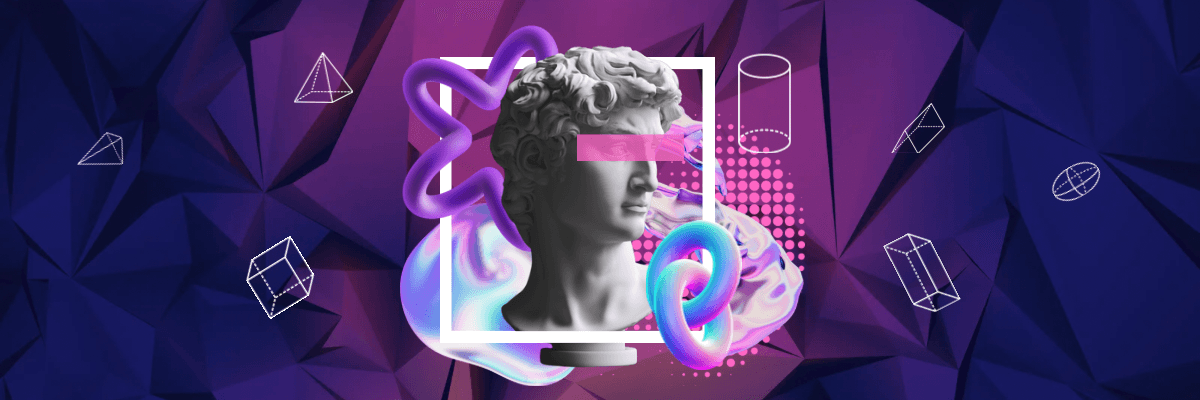Syllabus
About the course
What to expect? 🤔
What is the learning process of Python programming?
In learning the program, learn Python and generally understand the mechanisms and logic of programming, which is simplified by Python.
Develop back-end systems, create RESTful APIs, and various Python frameworks - Django, Flask, and FastAPI.
Together with everything, learn the use of various data bases and their assistance, the implementation of complex systems.
Participate in numerous projects, get to know other students and collaborate with them on joint projects.
Create a fairly large portfolio during our learning process.
The learning process includes 1 theoretical and 1 practical (seminar) lecture per week.
In the framework of mentorship services, during the week, in the evening hours, you will be served by our experienced mentors. Together with them, you can plan your personalized learning schedule. Personally, they will help you solve any problem. They will give you advice and assist you in creating projects.
In the learning process, you will have the opportunity to participate in Live Coding sessions with real professionals, which will help you prepare for real discussions.
Python's 5-stage learning plan
Stage I - Introduction to programming and Python basics - here you will learn Python as a programming language, complete 50+ tasks and projects.
Stage II - Introduction to web technologies, introduction to Backend - here you will illustrate a great picture and find out what a backend developer does, learn about databases, and start learning Flask and FastAPI.
Stage III - Start learning Django and create several Server-side Rendering projects.
Stage IV - Django Rest Framework - Learn to create APIs with the help of DRF, make a client-server, work on additional web projects.
Stage V - Advanced Django and Backend - We will delve into the development of more complex applications and develop non-standard systems with functionality.
























